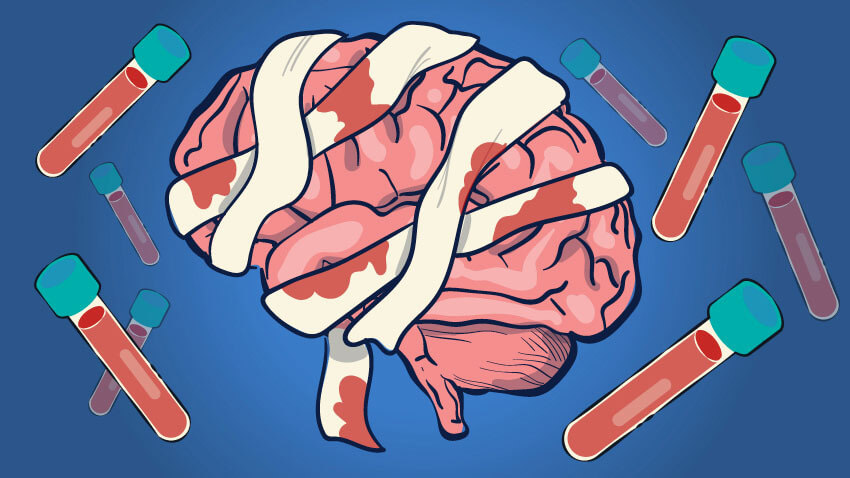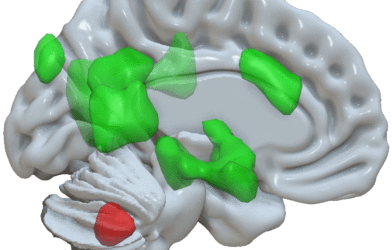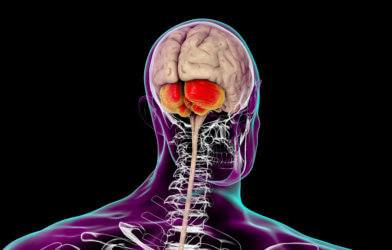“Physicians are in a unique position to ensure that the “bad news conversation” is not a one-time event, but rather the beginning of an extended journey for the patient and physician.” – Jerry L. Old, MD
A good friend’s brother, riding his motorcycle on a rainy night, skidded on the gravel on a tight highway curve. Despite wearing his helmet, he suffered a traumatic brain injury (TBI), and was stricken unconscious at the scene. The coma persisted – day after day after ad infinitum. The moment he was injured, and every moment after, the only two questions that mattered were “Will he live?” and “Will he wake up?” There was only one answer from his medical team – “I don’t know.”
Not knowing is excruciating. How many days can you sit at the bedside, doing sudoku and crossword puzzles, eating the unidentifiable from the hospital cafeteria, and having conversations in which yours is the only voice?
Imagine getting answers to those two defining questions on the day of injury. Scientists at three top universities report in a new study that blood tests done the day of a traumatic brain injury can predict which patients are likely to die or survive with severe disability. Clinicians can make decisions earlier on possible treatments. Families can have answers, to get some traction on an ordeal that’s hard to grasp.
Scientists from the University of Michigan (UM), the University of California, San Francisco (UCSF), and the University of Pennsylvania (UPenn) analyzed blood tests on the day of injury in about 1,700 patients with TBI. Results revealed that higher values of two protein biomarkers, GFAP and UCH-L1, are associated with death and severe injury.
“Early and accurate prediction of TBI outcomes will help clinicians gauge how severe a brain injury is and inform how best to counsel family members about care for their loved ones with brain injury and what to expect with regards to their recovery,” says Dr. Frederick Korley, associate professor of emergency medicine at UM, in a statement. “It will also help researchers more precisely target promising TBI therapeutics to the right TBI patients.”
Researchers measured and compared the levels of GFAP and UCH-L1 at the time of injury and six months after injury. They also correlated the results to the Glasgow Outcome Scale-Extended, a system to assess function in traumatic brain injury patients.
Patients with GFAP values in the top 20th percentile had a 23 times greater risk of death when compared to those with GFAP values in the bottom 20th percentile. Patients with UCH-L1 values in the top 20th percentile had a 63 times greater risk of death when compared to those with UCH-L1 values in the bottom 20th percentile.
“Modern trauma care can result in good outcomes in what we had once believed were non-survivable injuries,” says Dr. Geoffrey Manley, professor, and vice chair of neurosurgery at UCSF. “These blood tests are both diagnostic and prognostic, as well as easy to administer, safe and inexpensive.”
“As a next step, the TRACK-TBI team is planning a clinical trial that will examine the efficacy of promising therapeutic agents that may help traumatic brain injury patients recover quickly,” Korley adds. “As part of this clinical trial, these biomarkers will be used as an objective method for selecting the right patients to enroll in this trial. We will also use these biomarkers to monitor individual patient response to these promising therapeutics.”
The study is published in the journal The Lancet Neurology.








-392x250.jpg)



